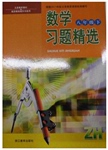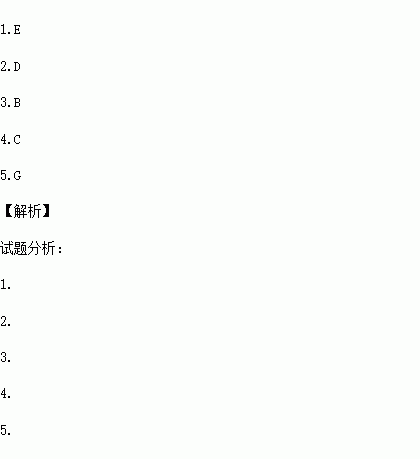题目内容
阅读七选五
We have all seen nervous presenters in classrooms and meetings. One effect of being nervous is moving from side to side. 1. In fact the audience can lose interest in a speaker who does not move.
How a speaker moves is important. Whole?body movement should be slow and planned to command attention. Such movement helps to communicate confidence.
2. But they look at their notes on a paper or at the screen if they have an electronic presentation.
With posture, the typical problem for new speakers is that they are often moving back and forth, and they're not facing the audience. They'll often be facing the white board or the screen with slides and be talking to that rather than talking to the audience. The same thing with eye contact with the audience, they find it really, really difficult, because they'll be looking at their notes, they'll be looking at their computer, they'll be looking at the screen, or they will be looking at the floor. The problem of having notes and trying to talk from notes often is a big problem. 3. The best way to avoid this problem is to use images and few words for notes instead of sentences. The image should help communicate the point you want to make. Writing a few words with the image on your slide helps you remember that point. Then you can look at the audience while speaking.
4. When you practice, remember these important tips: be aware of your posture, eye contact, and gestures.
5. Then step by step, you'll become an excellent speaker.
A.So they usually have eye contact with the audience.
B.So they have trouble with eye contact.
C.An important part of public speaking is practice.
D.New public speakers know that they should look at the audience while they speak.
E.A presenter does not need to stand perfectly still.
F.Improve your public speaking with body language.
G.Look for opportunities to speak and gain more confidence.
 习题精选系列答案
习题精选系列答案

